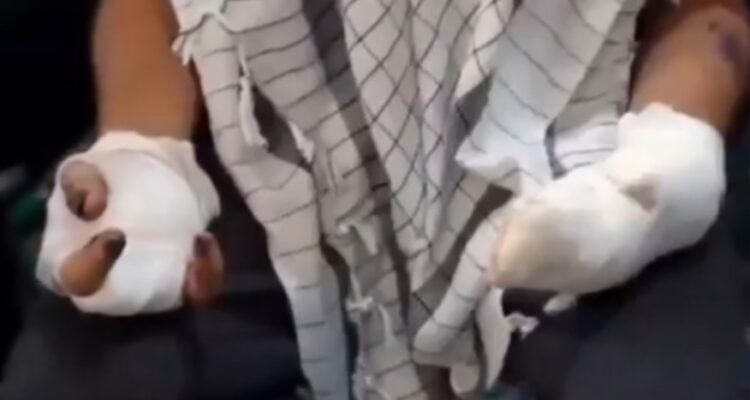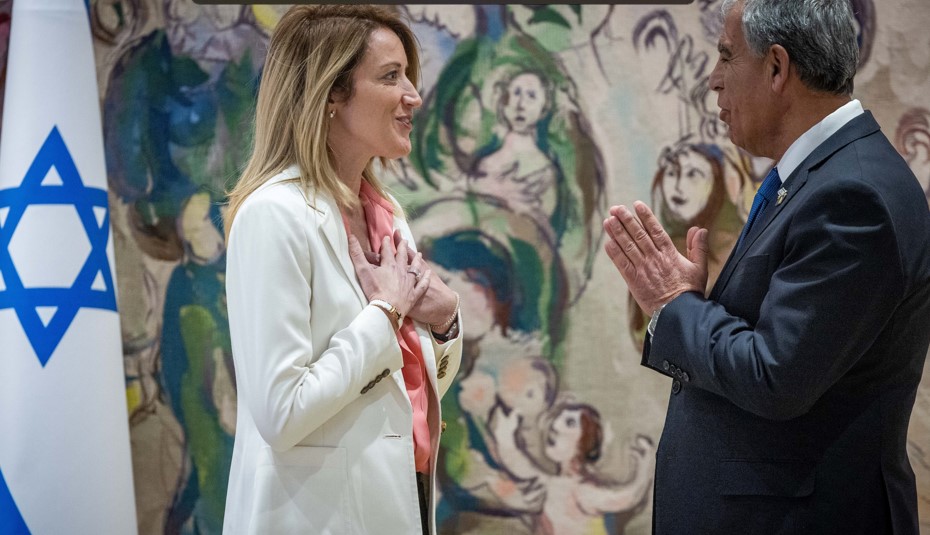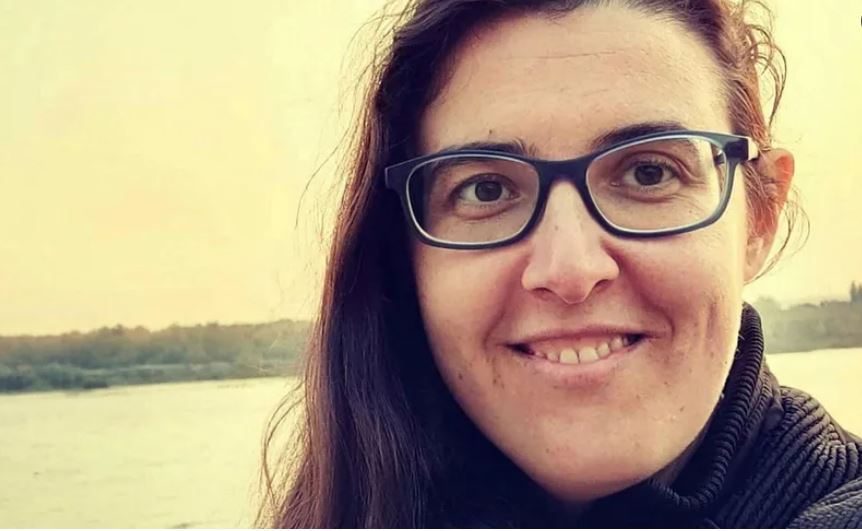ARTICLE AD BOX

A member of Hezbollah wounded in Operation Pager. (Twitter Screenshot)
(Twitter Screenshot)
Iran treats Hezbollah terrorists while own citizens die in hospital waitlists
The lavish medical support for Hezbollah terrorists has ignited fury among Iranian citizens, who face a deepening healthcare crisis marked by severe medicine shortages and an exodus of medical professionals.
While Iranian civilians struggle to access basic healthcare, Tehran’s hospitals have become a haven for thousands of wounded Hezbollah terrorists.
Iranian Health Minister Mohammadreza Zafarghandi revealed to student Basij leaders on Tuesday that nearly 500 Hezbollah terrorists received specialized treatment in Iranian facilities, requiring approximately 1,500 surgeries for devastating injuries sustained during Israel’s September strike on the terror group’s communication systems.
According to Red Crescent chief Pirhossein Kolivand, Tehran deployed specialized medical teams to Lebanon, including eye specialists, while arranging hospital transfers for 95 severely wounded Hezbollah terrorists.
A medical task force of 12 doctors plus support staff provided additional ground support.
The lavish medical support for Hezbollah terrorists has ignited fury among Iranian citizens, who face a deepening healthcare crisis marked by severe medicine shortages and an exodus of medical professionals seeking better opportunities abroad.
Human rights advocates point to the regime’s cruel double standard, noting its refusal to provide care to Iranian protesters who were deliberately blinded during the country’s 2022 civil unrest crackdown.
In a recent Knesset speech, Prime Minister Benjamin Netanyahu disclosed that Israel moved up its preplanned targeted attack against Hezbollah, which blinded and injured thousands of Hezbollah operatives, due to fears of exposure.
“From the moment I learned that this was about to be revealed, I decided that it was necessary to act immediately,” Netanyahu said.
“There were those who argued that the US should be informed ahead of time. I argued that the US should not be informed because this could lead to either resistance or a leak, which is the same thing,” he stated.
“A leak would have immediately demonstrated the effectiveness of the move. I denied it outright and we acted.”

 2 months ago
85
2 months ago
85









 English (US) ·
English (US) ·